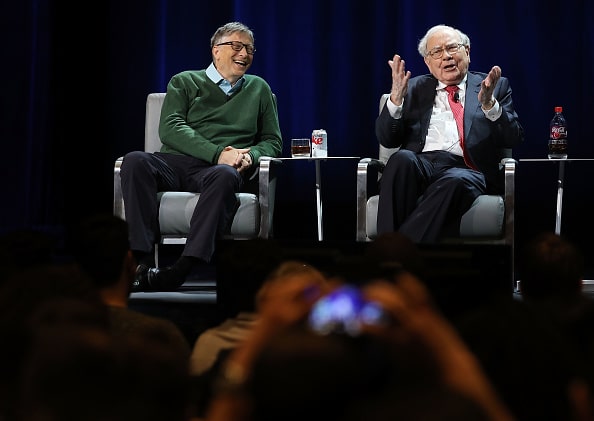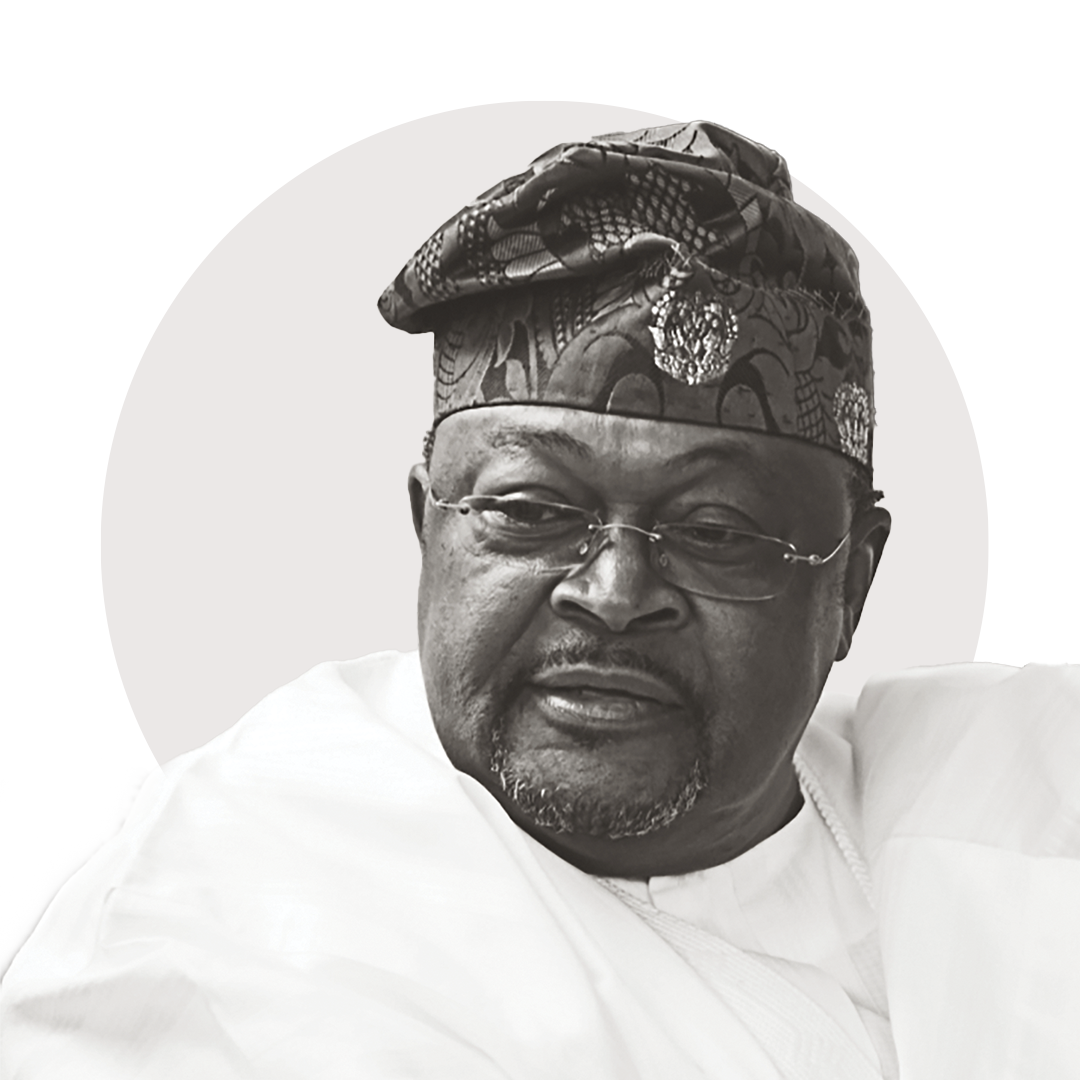This has been a year of record-setting in billionaire philanthropy. In September, Stewart and Lynda Resnick, owners of POM Wonderful and Fiji Water, pledged $750 million to the California Institute of Technology for environmental sustainability research.
In June, Blackstone cofounder Stephen Schwarzman donated $189 million to the University of Oxford—the largest single gift to the school since the Renaissance—to fund its work on humanities. The same month, Broadcom billionaire Henry Samueli pledged $100 million to UCLA’s engineering school, the largest gift ever to the department.
Forbes tracks gifts and pledges like these as part of our ongoing coverage of charitable giving by the country’s richest people.
READ MORE | The World’s Most Generous Billionaires Outside Of The US
For the second year in a row, Forbes tracked the philanthropic giving of the richest 400 individuals in the U.S. and gave each member of The Forbes 400 list a philanthropy score. The score ranged from 1 to 5, with 5 being the most philanthropic. List members for whom we could find no charitable giving information received an N.A. (not available).
Loading...

Though the number of the biggest givers—those who scored a 5—stayed flat in 2019, those who received scores of 4 and 3 increased compared with a year ago.
The changes reflect two things: The country’s richest have gotten somewhat more generous, and Forbes had more information to work with this year. Some billionaires were willing to share information on charitable giving for the 2019 list who didn’t in 2018. As a result, four dozen people got higher scores this year than a year ago.
This year, Warren Buffett led the list of top givers with $38.8 billion in lifetime giving, which is 32% of his net worth, and earned the top score of 5.
He was followed by last year’s biggest giver, Bill Gates, who has donated $38.5 billion so far. Two people who scored a 5 last year—Paul Allen and David Koch—passed away.
READ MORE: Forbes Africa | 8 Years And Growing
Billionaires like DreamWorks Pictures founder David Geffen and WhatsApp cofounder Brian Acton moved up to the top score after each scored a 4 last year. According to the latest tax filings, Geffen gave $38 million to his foundation in 2017, which brought his lifetime giving to about $1 billion.
Acton and his wife Tegan, on the other hand, have been expanding their philanthropic network, Wildcard Giving, which they founded in 2014 after Acton sold WhatsApp to Facebook. The couple has given away more than $1 billion to charitable causes.

Forty-one billionaires, including Netflix cofounder Reed Hastings and software billionaire Philip “Terry” Ragon, got higher scores this year than last year. Some, like Stephen Schwarzman, earned a higher score thanks to giving in the past year.
Others scored higher because we were able to find more information about their lifetime giving, through new public documents or details provided to us by Forbes 400 members or their spokespeople. In September, a Los Angeles Times report revealed that B.
Wayne Hughes, cofounder of self-storage behemoth Public Storage, had anonymously donated about $400 million to the University of Southern California in his lifetime. Hughes, who scored a 2 last year, jumped up to a 4.
Private equity tycoon Robert F. Smith’s pledge in May to wipe out the student debt of the entire 2019 graduating class of Morehouse College generated lots of headlines but did not end up changing his score because the gift wasn’t big enough to move him up a notch. In many cases, fortunes grew faster than lifetime philanthropic giving.
READ MORE | Noëlla Coursaris Musunka The Trailblazer In The Congo
To come up with the information on which we based our score, Forbes reporters looked at tax filings for charitable foundations, annual statements, SEC filings and news about new gifts. When possible, we interviewed Forbes 400 members and executives from their foundations. Some Forbes 400 members said they have chosen to donate anonymously, citing religious or privacy concerns.
Our score is based on total lifetime giving and what percent of their fortune members had given away. We weighted these two factors equally. Some individuals were then bumped up or down based on several other factors, including whether they had signed the Giving Pledge, whether they had pledged significant donations, how personally involved they were in their charitable giving, and how quickly and effectively their private foundations distributed dollars. We didn’t count pledges or announced gifts that have yet to be paid out, but we took commitment to philanthropy—or lack thereof—into account.
Forbes has been tracking the wealth of the richest Americans since 1982. “Some of [the members] told us to drop dead,” James Michaels, veteran editor of Forbes, told the New York Times in a 1982 story about the list’s debut. “They said they wanted no part of it, that they’d sue us.
This happens in reporting.” At times, our reporting on philanthropic giving received a similar response. “The new philanthropy ranking is fundamentally flawed, in that it is biased in favor of those who make their gifts widely known, and against donors who choose to make their charitable contributions anonymously,” one current Forbes 400 member (who did not wish to be named) wrote to us last year.
-Deniz Çam; Forbes
Loading...





















